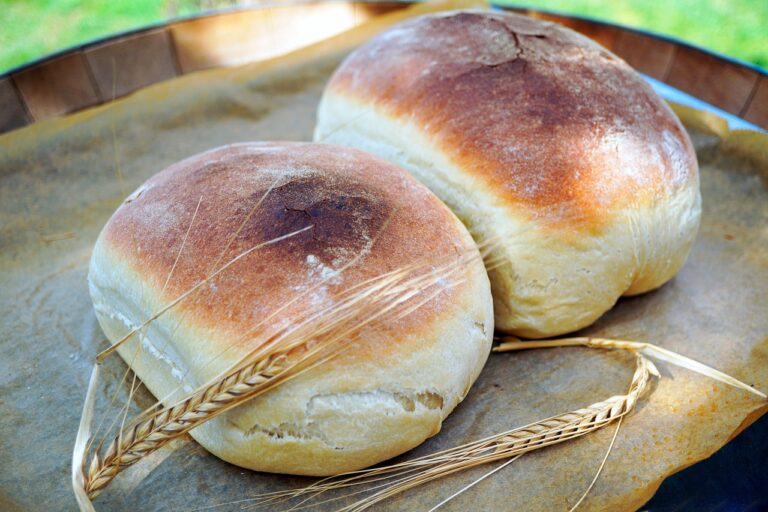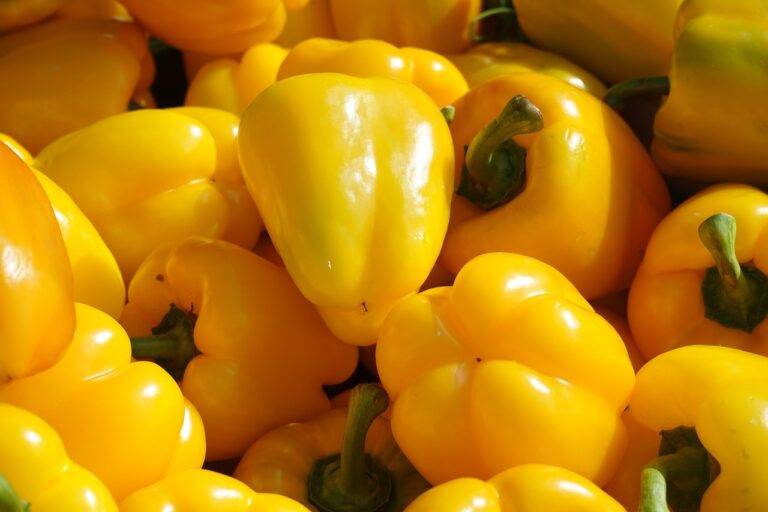Olive Oil Production in the Mediterranean: A Regional Analysis: 11xplay reddy login, Laser247, Skyinplay exchange
11xplay reddy login, laser247, skyinplay exchange: Olive Oil Production in the Mediterranean: A Regional Analysis
Have you ever wondered where the delicious olive oil you use in your cooking comes from? The Mediterranean region is known for its high-quality olive oil, produced in countries such as Spain, Italy, Greece, and Tunisia. Each country has its own unique methods of production, resulting in a variety of flavors and qualities of olive oil. In this article, we will delve into the olive oil production in the Mediterranean, exploring the different regions and their techniques.
Spain: The King of Olive Oil Production
Spain is the largest producer of olive oil in the world, accounting for approximately 45% of global production. The country is known for its vast olive groves, particularly in regions such as Andalusia, Catalonia, and Extremadura. Spanish olive oil is often characterized by its fruity and peppery flavors, making it a favorite among chefs and food enthusiasts worldwide.
Italy: The Land of Extra Virgin Olive Oil
Italy is famous for its high-quality extra virgin olive oil, particularly from regions such as Tuscany, Umbria, and Sicily. Italian olive oil is known for its rich flavor profile, with notes of grassiness, bitterness, and pepperyness. The country’s strict regulations ensure that only the highest quality olive oil receives the prestigious “DOP” (Protected Designation of Origin) certification.
Greece: The Birthplace of Olive Oil
Greece has a long history of olive oil production, dating back thousands of years. The country’s olive oil is renowned for its distinct flavor and aroma, with varieties such as Kalamata and Koroneiki being popular choices. Greek olive oil is often used in traditional Mediterranean dishes such as Greek salads and moussaka, adding a unique taste to the cuisine.
Tunisia: A Rising Star in Olive Oil Production
Tunisia may not be as well-known for its olive oil as Spain or Italy, but the country is quickly becoming a major player in the industry. Tunisian olive oil is characterized by its fruity notes and balanced flavor profile, making it a versatile option for cooking and dipping. The country’s modern production techniques and commitment to quality have earned it a reputation for producing some of the finest olive oils in the region.
Turkey: A Hidden Gem in Olive Oil Production
Turkey may not be as prominent in the olive oil market as its Mediterranean neighbors, but the country has a long history of olive oil production. Turkish olive oil is known for its mild flavor and smooth texture, making it a popular choice for those who prefer a more subtle taste. Regions such as Ayvalik and Edremit produce some of the best olive oils in the country, with unique flavor profiles that set them apart from other varieties.
Morocco: Blending Tradition with Innovation
Morocco is a country that blends traditional olive oil production methods with modern techniques, resulting in a unique and flavorful product. Moroccan olive oil is often described as fruity and nutty, with a hint of sweetness that sets it apart from other varieties. The country’s diverse terrain and climate contribute to the complexity of its olive oils, making them a sought-after choice for those looking for something a little different.
Conclusion
The Mediterranean region is a treasure trove of olive oil production, with each country contributing its own unique flavors and qualities to the market. Whether you prefer the robust taste of Spanish olive oil, the rich aroma of Italian extra virgin oil, or the subtle notes of Turkish olive oil, there is something for everyone to enjoy. Next time you reach for a bottle of olive oil, take a moment to appreciate the rich history and diverse techniques that go into producing this essential ingredient in Mediterranean cuisine.
FAQs
Q: What is the difference between extra virgin and regular olive oil?
A: Extra virgin olive oil is made from the first pressing of olives, resulting in a higher quality and more flavorful oil. Regular olive oil, on the other hand, is a blend of virgin and refined olive oil, with a milder taste and lower quality.
Q: How should I store olive oil?
A: Olive oil should be stored in a cool, dark place away from light and heat to preserve its flavor and quality. It is best to use olive oil within six months to a year of opening to ensure freshness.
Q: Can I use olive oil for frying?
A: Yes, you can use olive oil for frying, but it is best to use a lower heat and avoid overheating the oil to prevent it from smoking and losing its flavor. Extra virgin olive oil is not recommended for high-heat cooking, as it has a lower smoke point compared to regular olive oil.







